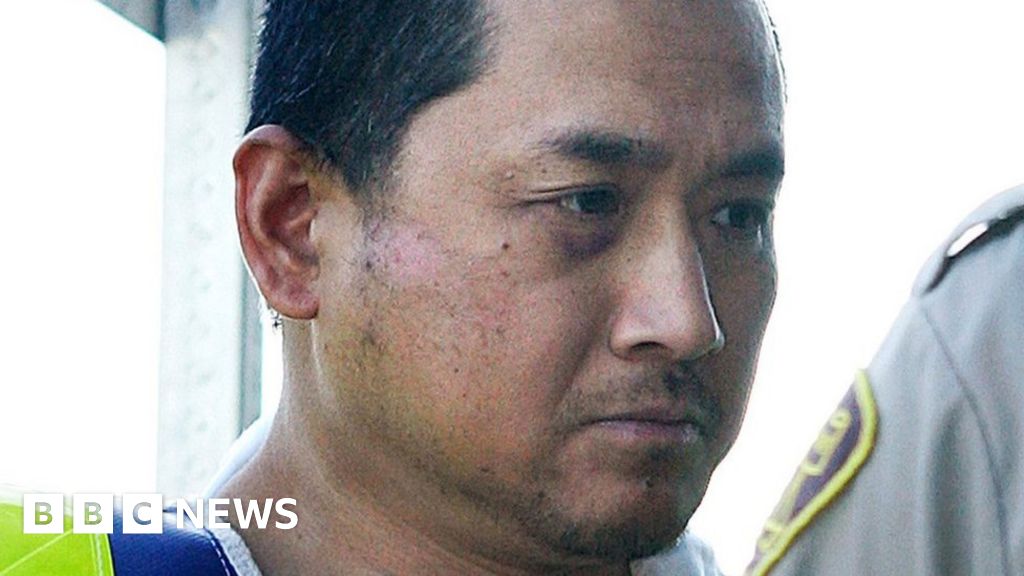This, from today's Globe and Mail; is one of the policies I expect Mr Poilievre to reverse very, very quickly when he becomes PM:
----------
Joly says Canada will block U.S.-bound ammunition sale destined for Israel
STEVEN CHASE SENIOR PARLIAMENTARY REPORTER
Foreign Affairs Minister Mélanie Joly said Canada has suspended 30 permits for arms sales to Israel and is taking the rare step of blocking a contract with the U.S. government to send Quebec-made ammunition to Israeli Defence Forces.
Canadian arms sales to, and in some cases, through the United States to third countries are not subject to Canada’s typical authorization procedure and weeks ago the U.S. announced plans to send Quebec-made ammunition to Israel.
The Liberal government, in response to criticism of Israel’s conduct of the war on Hamas, in January stopped approving new permits for the export of military goods to Israel.
Israel was
attacked by Hamas militants from Gaza on Oct. 7 in an assault that left some 1,200 dead and about 250 taken hostage. It responded with a bombing campaign and siege in
Gaza that has so far killed 41,000 Palestinians, many of them women and children, according to the Palestinian health authority. The Canadian government considers Hamas a terrorist group.
Ms. Joly, speaking to reporters at a Liberal caucus retreat in Nanaimo, announced the government this summer suspended about 30 existing permits that had been issued before January to ship military goods to Israel.
And, she said, Canada will not allow the sale of ammunition through the United States to Israel. The ammunition was to have been produced by a Quebec division of U.S. defence contractor General Dynamics.
“As for the question regarding General Dynamics, our policy is clear,” Ms. Joly said. " We will not have any form of arms, or parts of arms, be sent to Gaza. Period. How they’re being sent and where they’re being sent is irrelevant. And so therefore my position is clear, the position of the government is clear, and we’re in contact with General Dynamics.”
General Dynamics Ordnance and Tactical Systems spokesperson Berkley Whaley, in St. Petersburg, Fla., referred media inquiries to the U.S government and U.S. Defence Security Cooperation Agency. The U.S. Defence Department did not not immediately respond.
In August, the U.S. Defence Cooperation Agency announced the Secretary of State had approved a US$61.1-million deal to supply Israel with 120mm high explosive mortar and that the principal contractor would be General Dynamics Ordnance and Tactical Systems Inc. in Quebec.
The Centre for Israel and Jewish Affairs (CIJA) in Canada described Ms. Joly’s Tuesday announcement as “a disturbing shift” in Canadian government policy.
“Let’s be clear: less than a week after six hostages were brutally murdered following more than 300 days in Hamas captivity, and while hundreds of thousands of Israelis remain displaced by Hezbollah’s relentless bombing in the north, Foreign Minister Mélanie Joly continues to proclaim Israel’s right to self-defense – just not with Canada’s support,” Shimon Koffler Fogel, president of CIJA, said in a statement.
He said he feels that under the Liberals the Canadian government has backed away from Israel and accused Ms. Joly’s of making decisions based on leadership ambitions for the Liberal Party should Prime Minister Justin Trudeau step down.
“Canada, once a steadfast ally of the Jewish state, now risks becoming complicit in the ongoing assault against it. While Minister Joly may seek favor in the looming leadership race, it comes at the expense of Canada’s principles and moral standing,” Mr. Fogel said.
Arms tracking experts welcomed Ms. Joly’s announcement.
“It is welcome news that Canada has taken a step further by suspending existing arms export permits, which is the only sensible step forward to ensure Canadian weapon systems are not being used in the conflict in Gaza,” Kelsey Gallagher, a researcher at Waterloo, Ont.-based Project Ploughshares said.
“When explosive weapons are used in populated areas, like those tied to this contract, typically nine out of ten casualties are civilians. "
But Mr. Gallagher said Canada cannot say it has closed the door on military exports to Israel until it has stopped the shipments of parts for U.S.-made F-35 warplanes that are also sold to the Israeli military.
“Canadian officials must be clear that any and all potential arms transfers through the US to Israel will be disallowed. This does not just include mortar rounds made in Quebec, but also Israel-destined F-35 components that are produced coast-to-coast.”
CIJA’s Mr. Fogel said the restrictions Canada has placed on military exports to Israel are also preventing Canadians from obtaining repairs on goods sourced from Israeli suppliers.
“This measure is also adversely affecting Canadian jobs and preventing Canadian Forces from accessing essential equipment like the pilot helmets produced in partnership between Israeli and Canadian suppliers.”
Figures released by the Department of Global Affairs this year showed that exports of military goods to Israel from Canada rose to $30-million. Project Ploughshares’ Mr. Gallagher said this was the highest dollar value on record since exports have been made public to Canadians.
----------
Minister Joly is trying to appeal to the progressive, which almost always equals Pro Palestine/anti_Israel (which almost always means anti-Semitic) left in an effort to outflank the NDP. But she will p!ss off many Québec, voters in the process.




